“If you’re not particularly interested in history, there’s really no need to come to Malacca.” I’ve heard this too many times and silently agreed.
There are no stunning sunsets like in Kota Kinabalu, nor the bustling metropolis of Kuala Lumpur. Malacca is just an ordinary small town. But because of Zheng He’s arrival 600 years ago, it has been given a special significance.
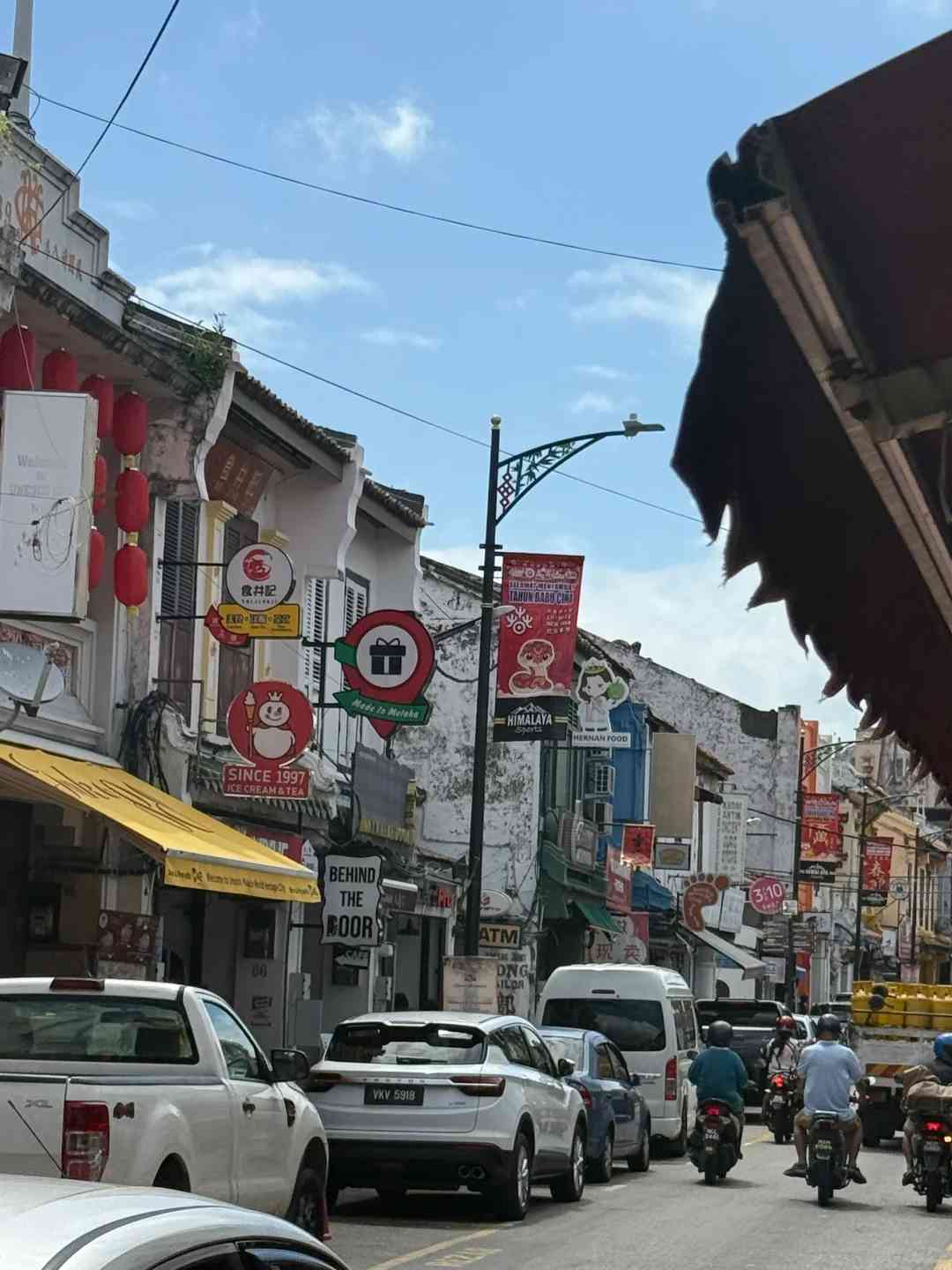
As a high school humanities student and a “top student” in history, I fell deeply in love with this little town. If after reading my sharing you still feel nothing, then indeed, if time is tight, you can skip Malacca.
First stop: Zheng He’s Footsteps and the Imprint of Chinese Culture
In 1405, Zheng He sailed to Malacca, which was then called “Malacca.
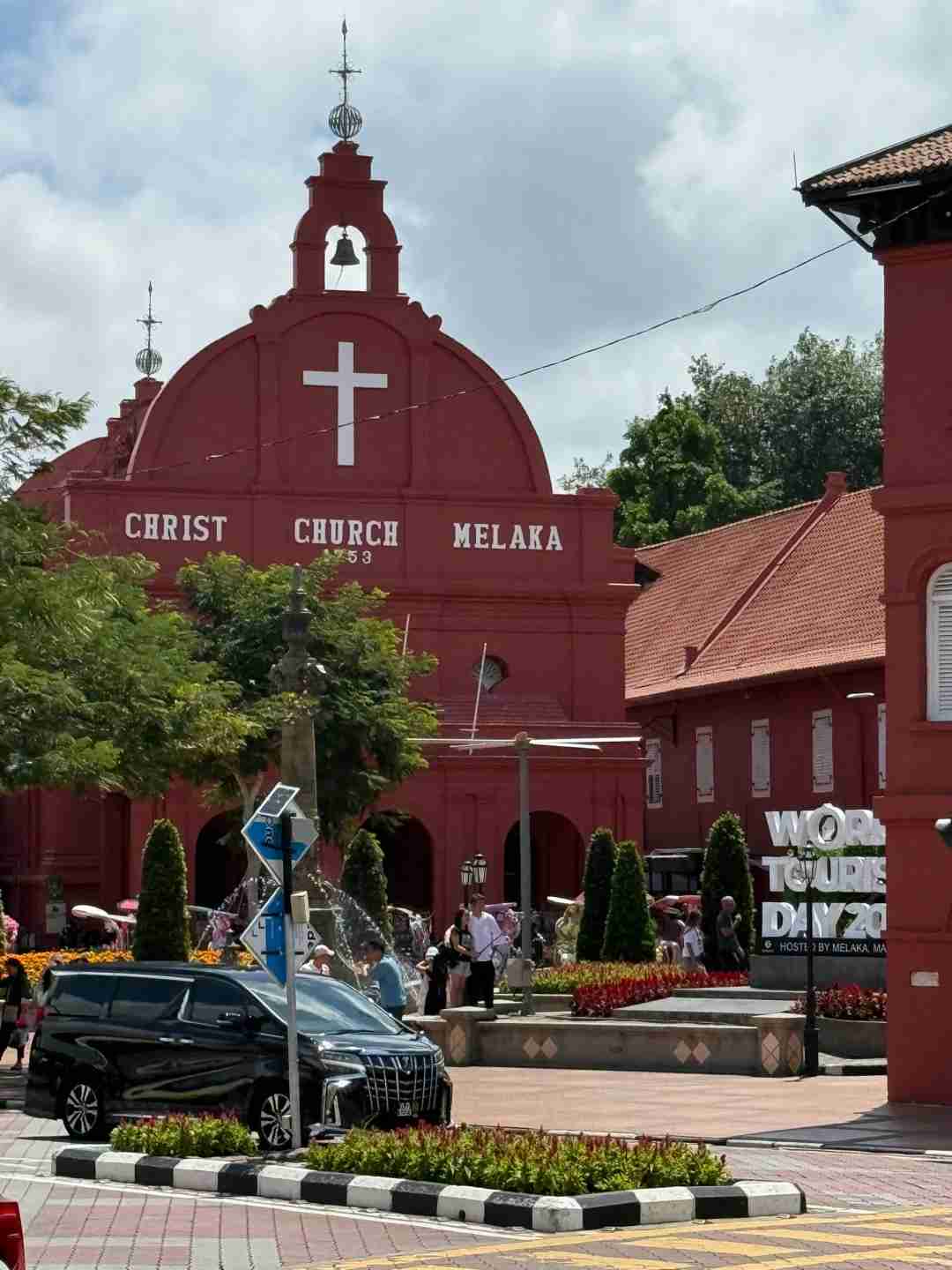
” What Zheng He brought was not a specific attraction, but a cultural fusion. Walking through Jonker Street and the Peranakan ancestral homes, although you can’t see any relics of Zheng He, Chinese cultural elements are everywhere. Large and small shops hang Chinese signs, and although the shopkeepers may not speak fluent Mandarin, the familiar Chinese characters give me a sense of cultural pride that transcends time and space.
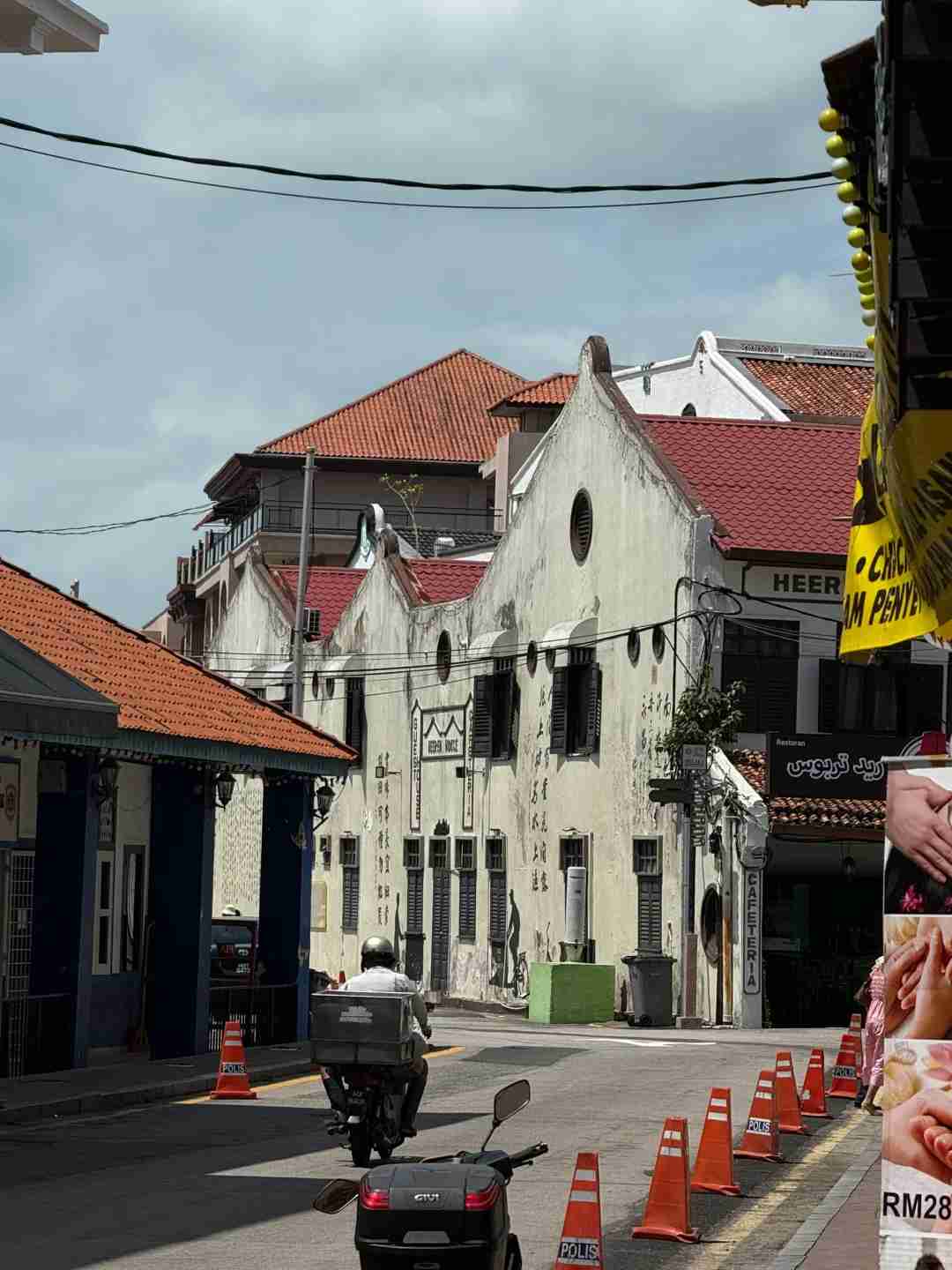
Second stop: The Arrival of the Portuguese and the Weathered St. Paul’s Church
At the end of the 15th century, the Portuguese conquered Malacca, ushering in the colonial era. As a history enthusiast, I must visit St. Paul’s Church. Although only ruins remain today, this church has witnessed the changes in Malacca from Portuguese to Dutch rule.
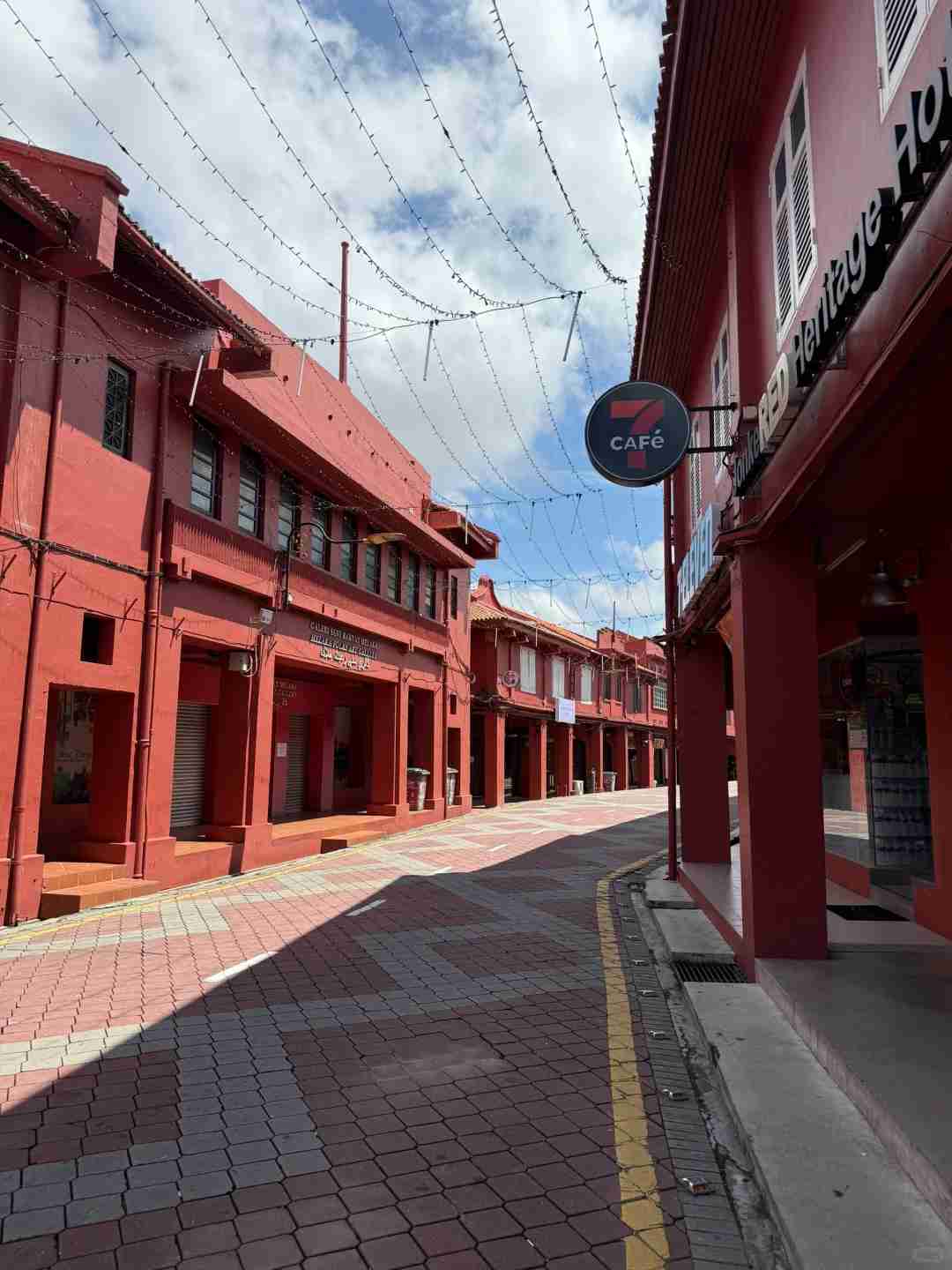
Standing in front of the church, I can’t help but marvel: in the long river of history, humans are but a drop in the ocean.
Third stop: Dutch Rule and the Ruthlessness of Time
In 1641, the Dutch replaced the Portuguese as the new masters of Malacca. St. Paul’s Church was converted into a cemetery, and a few tombstones still remain inside the church.
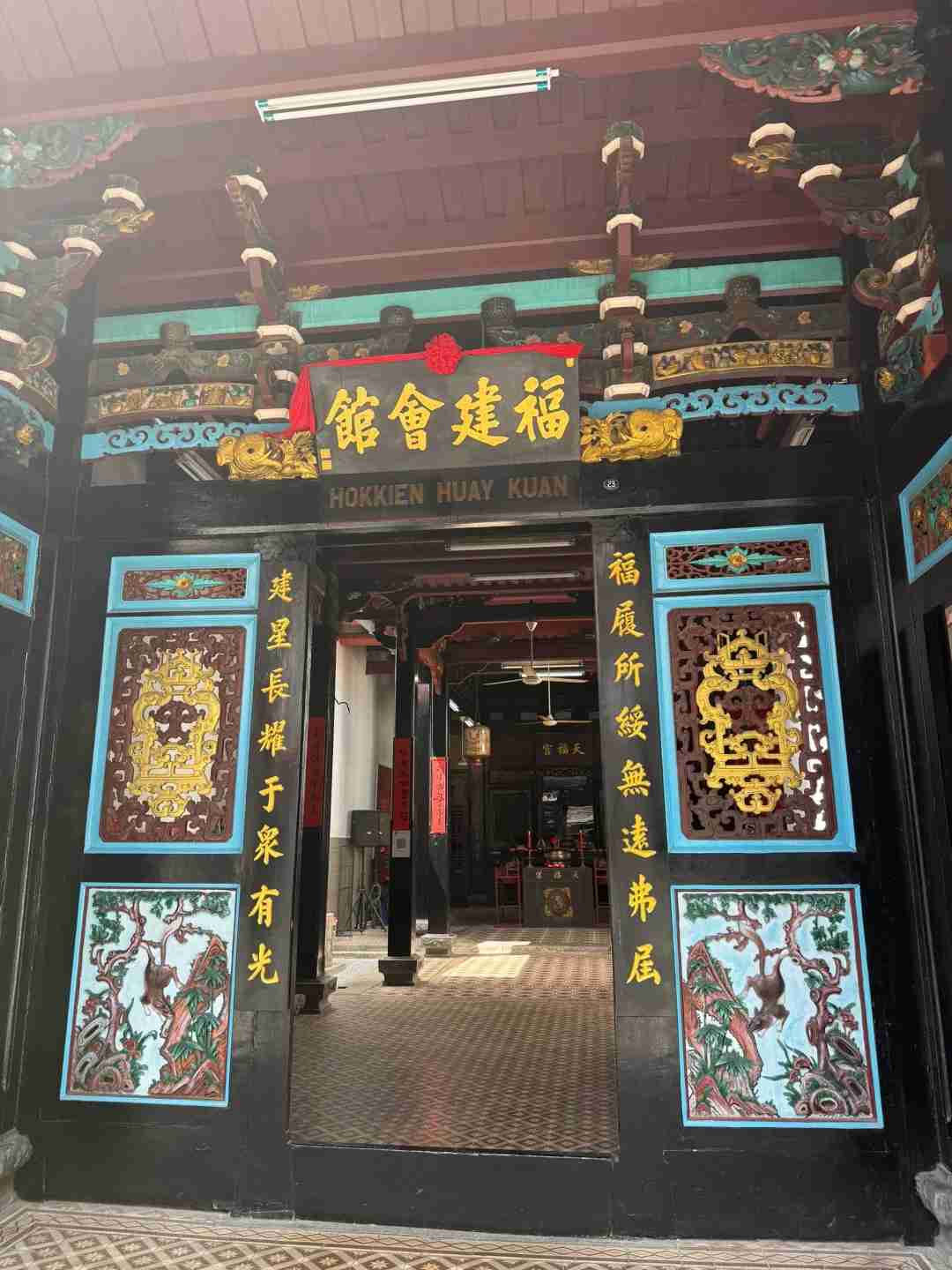
The once mighty maritime power ultimately succumbed to the passage of time, turning to dust.
The Charm of Malacca: The Interweaving of Historical Depth and Ordinary Life
Malacca is not large, and its attractions are concentrated, but its charm lies in the weight of its history. There are no magnificent natural landscapes or modern urban views, but it tells 600 years of stories through its crumbling walls, weathered tombstones, and Chinese characters on street corners.
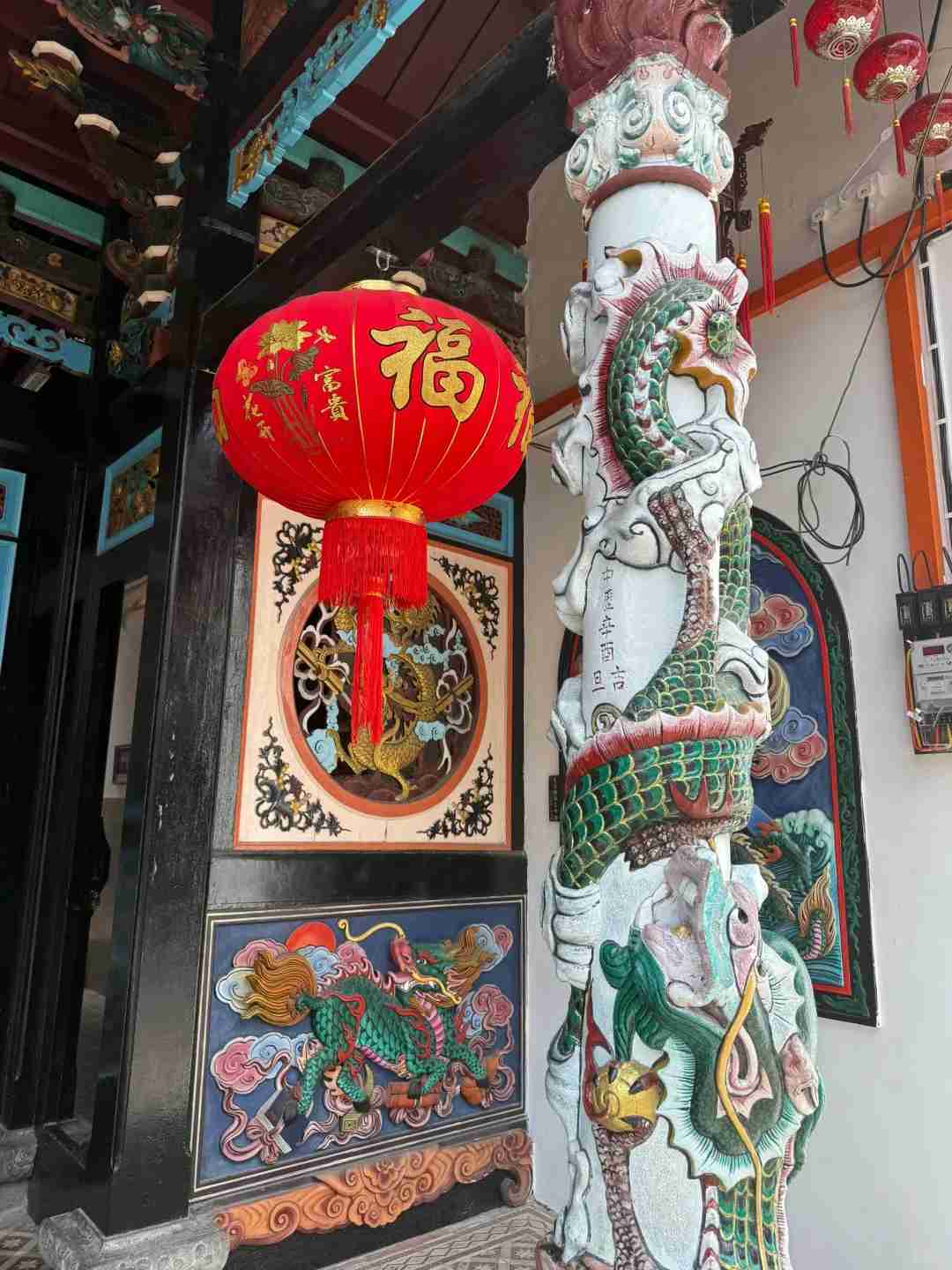
If, like me, you are curious about history and willing to follow in Zheng He’s footsteps and experience the rise and fall of the colonial era, Malacca will not disappoint you. But if you are indifferent to history, then this might just be an ordinary small town.
Come to Malacca, listen to the whispers of history, and feel the warmth of the years.
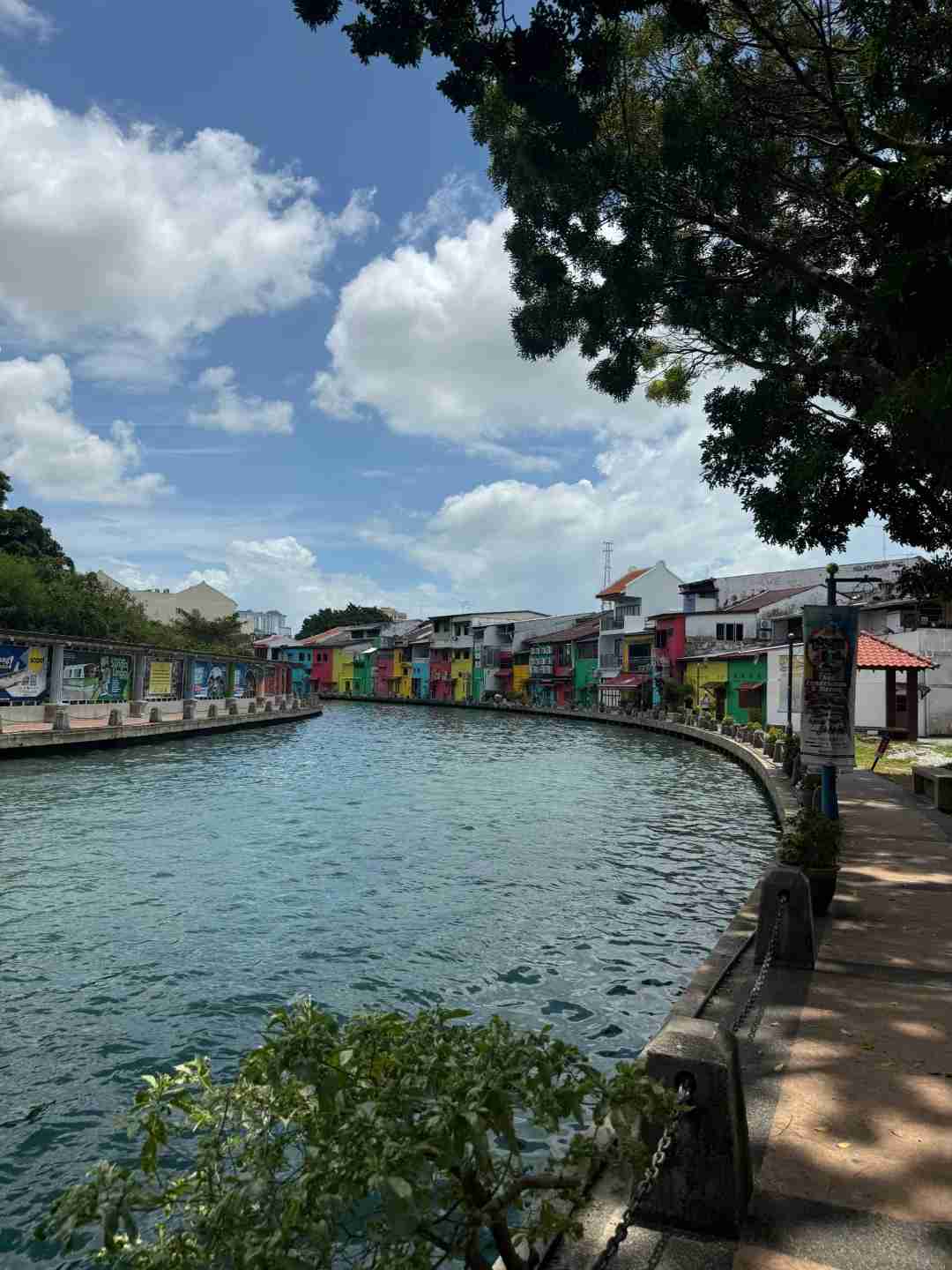
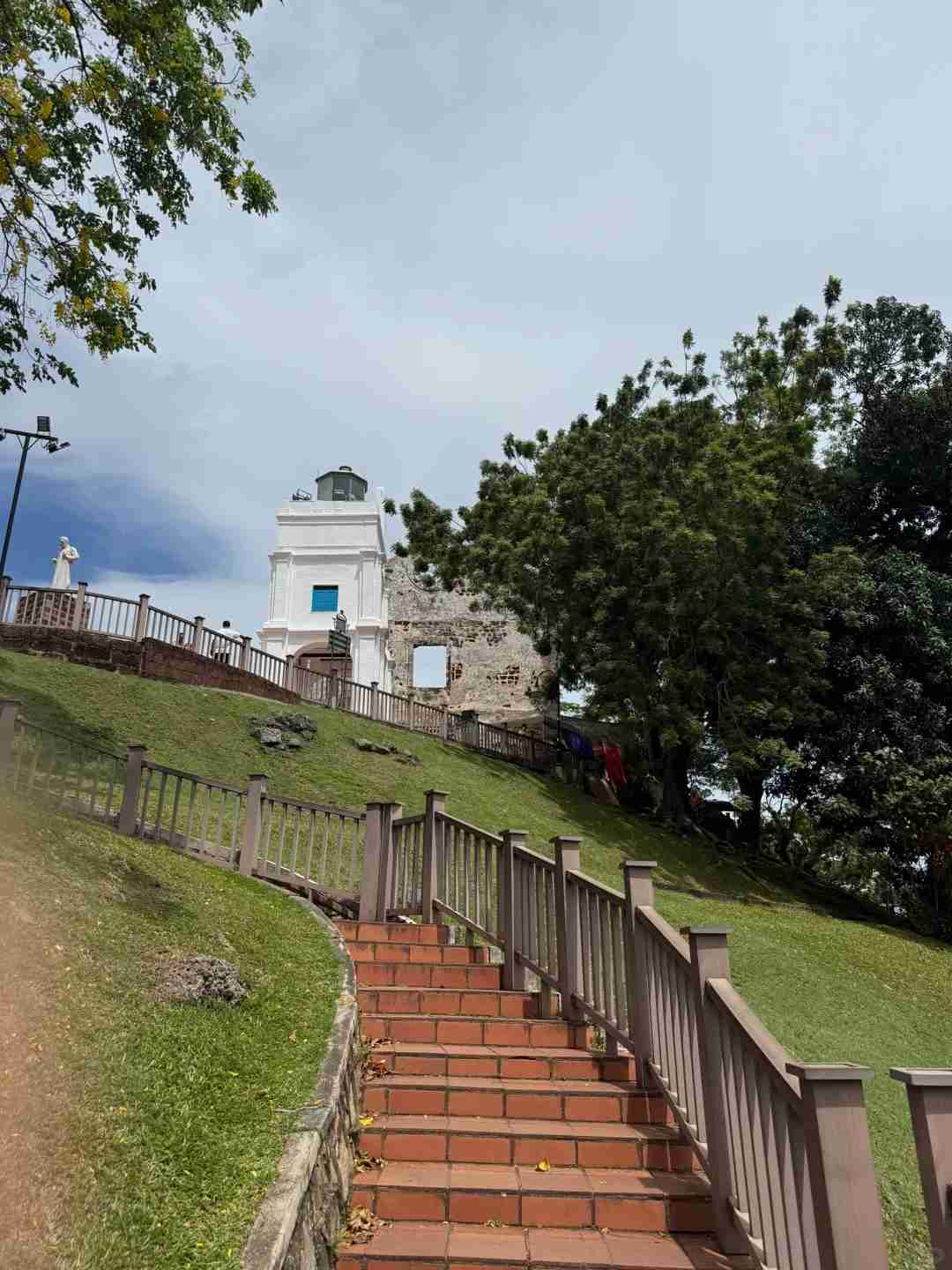
I totally get that initial impression of Malacca, but your article really changed my perspective. It’s amazing how much depth there is beyond just the surface-level sites. I had no idea about the impact of Zheng He’s visits until now! Definitely makes me want to plan a trip there soon.
I totally get that initial hesitation about visiting Malacca—it can seem like just another small town at first glance. But I love how the article highlights how its history is anything but boring, especially with influences from Zheng He and all the cultures that have shaped it over time. It’s cool how those old sites tell such fascinating stories if you take the time to look closer.
I totally get that vibe—Malacca doesn’t have flashy attractions, but its layers of history are fascinating if you dig deep enough. Zheng He’s legacy adds such a cool dimension, making it feel like walking through a real-life history book.